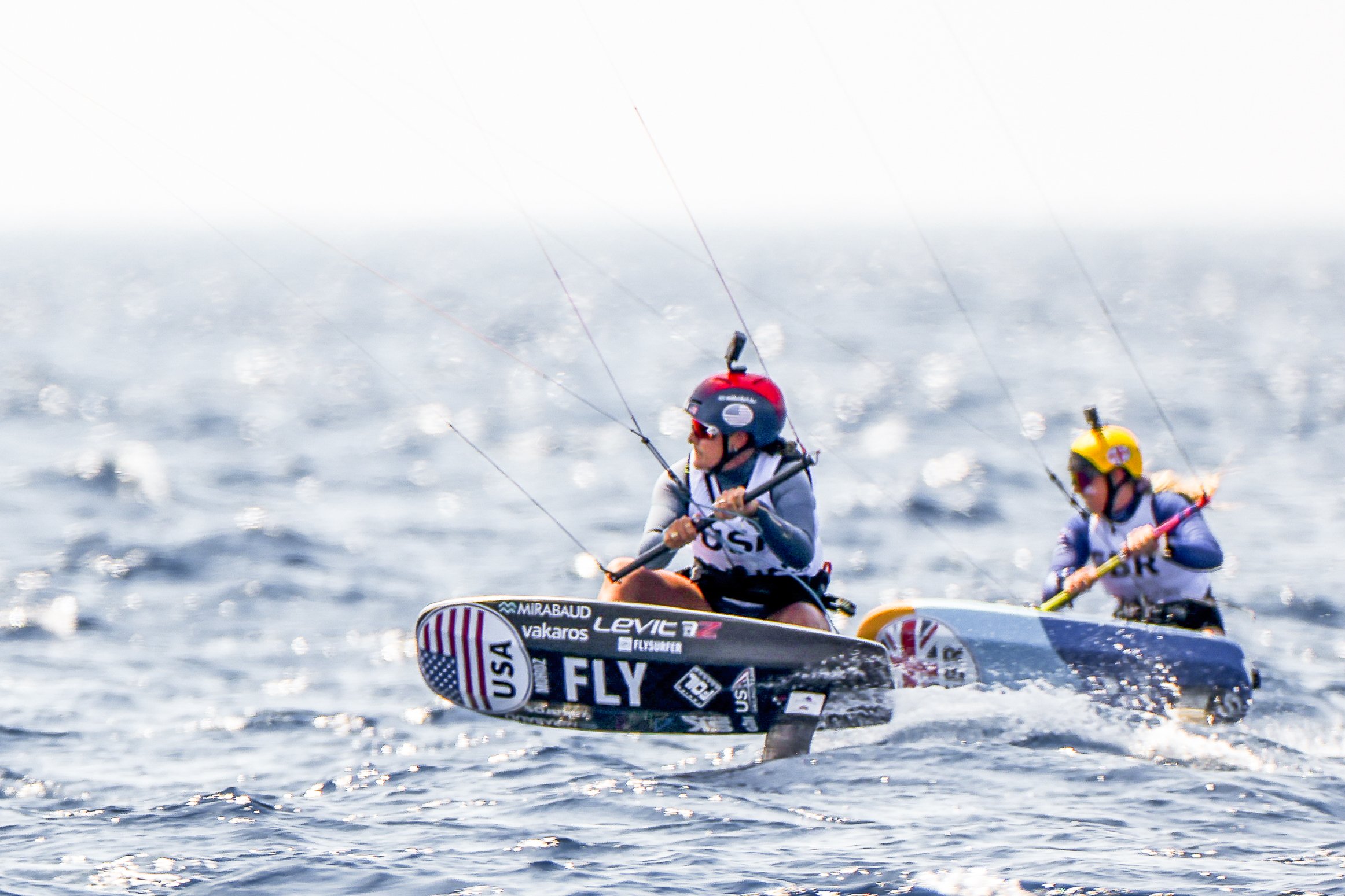Qualifying for the Olympics & How to Get Involved on the Road to Paris
Doing an Olympic campaign is like running a business, and I’m the CEO. When you look at it one way, it’s an impossible task: I am competing against super successful Olympic programs abroad that have infinitely more monetary resources and very experienced, professional people employed that create and input campaign plans for the athletes using a tried and true formula for how to generate Olympic medals from the past decade (I’m referring to countries like GBR, FRA, and NED). I’m 22 years old, haven’t finished college (yet), and I am making all the business decisions in my campaign with input from my selected coaches, advisors, and mentors. With little help from the US Olympic Sailing governing body outside of a minimal coaching budget, I’m constantly fundraising and managing hundreds of thousands of dollars in order to be able to run this business full time and have the most professional campaign possible. And despite all of this, here I am - somehow still in the mix and still delivering impressive results against my competitors. I must be doing something right, and have been doing it right for many years now, if winning 6 consecutive World Championships counts for anything.
And right now, I need your help more than ever. The US is one of the only countries in the world that doesn’t have government funding for Olympic sports. This means that all resources have to be privately fundraised, and often athletes are not put at the forefront of spending. For athletes, especially in a high-cost sport like sailing, fundraising becomes part of the job.
My mission is to bring a medal home to the US. If you’re interested in supporting my campaign and helping me achieve my dream of winning an Olympic medal, please visit the donate page on my website or fill out the form below for more information. You can choose to make a tax-deductible donation via a 501(c) foundation or simply use the donate button below. You can also donate via my GoFundMe campaign by visiting this link. Your contributions help me travel for training camps and regattas, work with industry experts, have access to the best available equipment, and help me cover daily expenses like groceries and gas. Every little bit helps move the needle, and your support is greatly appreciated.
Note: for tax-deductible donations, please fill out the following form.I just finished competing at the World Championships a couple of weeks ago, which was one of the hardest regattas of my life. And although I accomplished my goal of qualifying for the Olympics, I felt disappointed by the results of my hard-fought performance. I strongly believe it is important to share both the highs and lows of any journey, and I invite you to read the following story which exposes some of the struggles of Olympic sailing and reveals some realities of what it is like to be chasing your dream of going to the Olympics.
I got to the Netherlands about ten days before the World Championships began in The Hague. On arrival, there was a big storm system that came through with lots of rain and very inconsistent, sketchy conditions, so we were unable to sail for the first several days. I managed to get a few sessions in, but mentally I really didn’t feel good - I felt like I was forcing myself to go on the water and my motivation just wasn’t there. I realized I had been feeling like this for much of the year, as I had mentioned in a previous post, and had kept forcing myself to push through it. I started waking up in the morning and would immediately feel an overwhelming sense of dread about going on the water. And still, I would push, even if it meant just trying not to cry as I was putting my wetsuit on getting ready to go.
Eventually, I reached a breaking point. A few days before racing started I had a full mental breakdown. I remember sitting in the cafe on the beach and was just about to start getting ready to go for a session, and it was taking everything I had to stop myself from just breaking into tears. I felt so mentally drained and exhausted from forcing myself to go on the water all year. I used to kite and train and race because I loved it - for years I was always the first one on the water and last one off, trying to squeeze every moment out of every session. This year, it felt like I was just going on the water to check boxes in order to qualify for the Olympics. The fire I used to have felt like it had completely sputtered out. And I still had to race at the World Championships in order to officially qualify for the Olympics as the 6 time defending world champion. It felt like all the expectations were so high and the pressure was on. But I just couldn’t deal with it, and the people around me could feel that.
I had a meeting with my team to discuss the situation. My coach Chris and my equipment technician, Tucker, work so hard and do so much to help me have the opportunity to succeed. Part of me felt like I was letting them down by not having the motivation to get on the water. You work so hard and spend all this money (much of which you’ve fundraised from private donors) and resources on the campaign, which is like your business, and suddenly you can’t even do the one job you’re supposed to do - I felt like such a failure. I was very lucky to be surrounded by a team, training partners, friends, and supporters that understood what I was going through. I had meetings with some mentors and my sports psychologist, and talking through how I was feeling definitely improved my mental state. We also established some non-performance-related goals for the event, while also deciding that all I needed to do at the regatta was to qualify as a top 8 country to secure my spot for the Olympics. For the three days before we started racing, I didn’t even step foot at the beach or go close to the venue. Instead, I explored the city of The Hague and caught up with friends. All of this combined took a lot of pressure off and eased my expectations.
My first day of racing went surprisingly well, and I think a lot of it had to do with not having any expectations. I just let myself race for the fun of it and felt surprisingly fast. I was thinking more clearly too - my starts were really good and I felt like my racing strategy execution was the best it had been all year. The next couple days of the qualifying series did not go as well - I couldn’t get into the flow, and felt like I was just surviving every race. I dropped down to 8th place.
In the final series I had some solid racing and a pretty consistent scoreline. It was enough for me to move up from 8th to 4th place, which was still pretty good overall in the grand scheme of things. But the hardest part was the medal series. The conditions were tough, and normally in our sport it’s natural to have a lot of variables out of your control - it’s actually one of the things I love about sailing. But this time, it felt like there were extra things out of my control and working against me. I won’t get into the details, partly because it still just hurts to re-live it, but after an incredibly frustrating semi-finals, I didn’t make it into the finals and ended up dropping down to 5th place. And, honestly, it would have been fine if it had happened because of my own actions and if I didn’t race as well as my competitors. But the fact is that I had been in a position to win that race, someone fouled me, and I paid the price for their actions. This prevented me from completing the final race. It was heartbreaking, but unfortunately, it is part of racing. Hopefully karma will do its job.
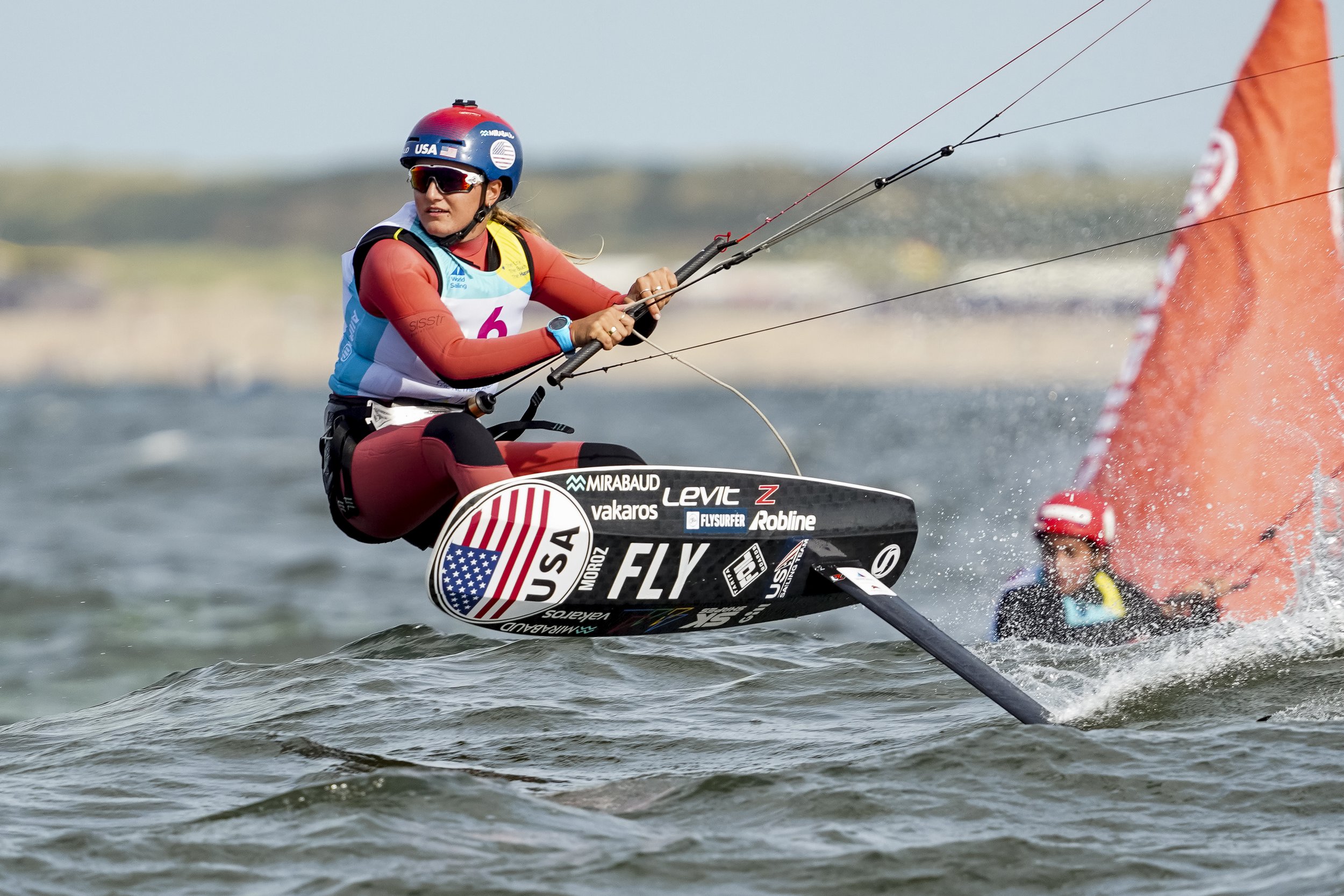
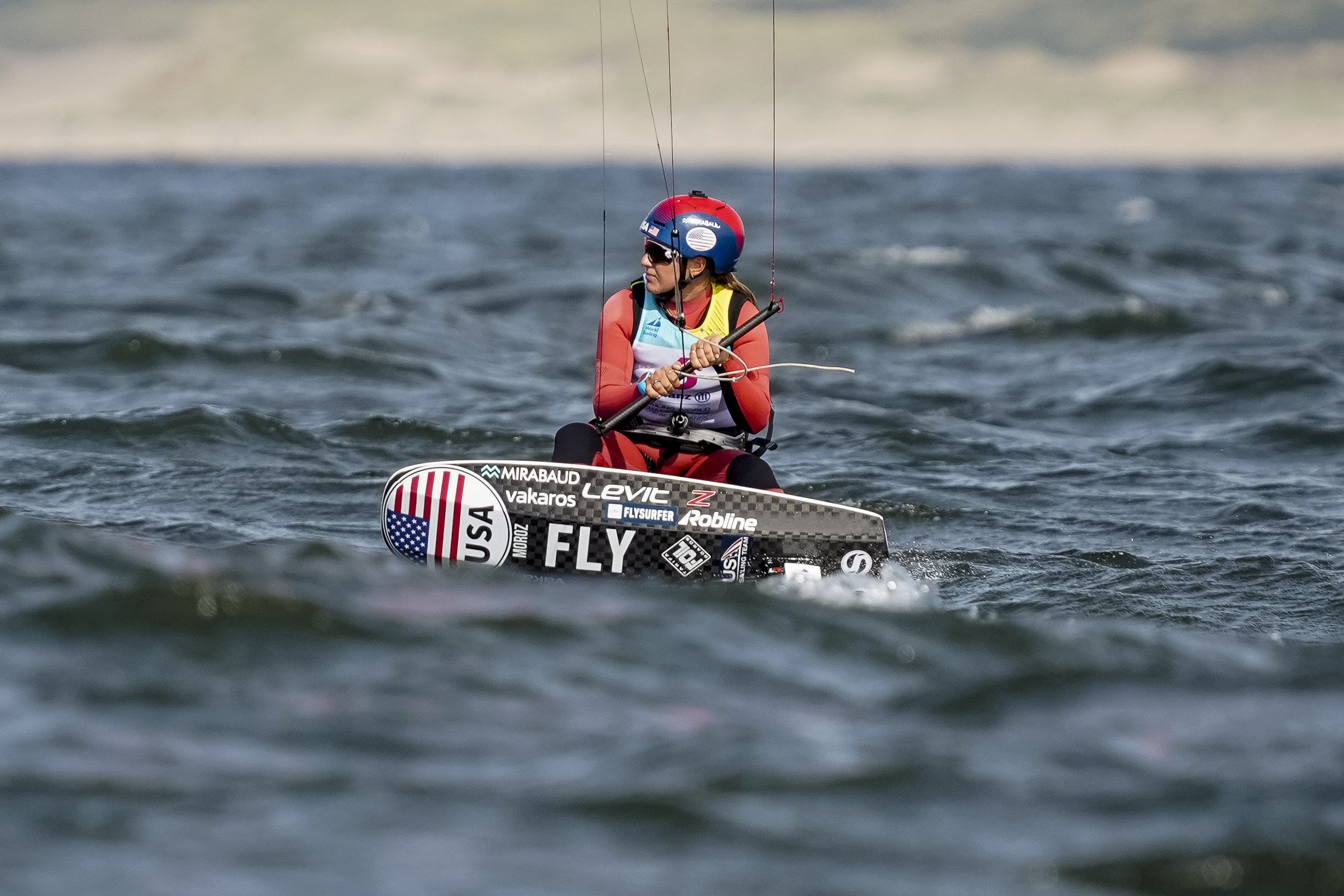
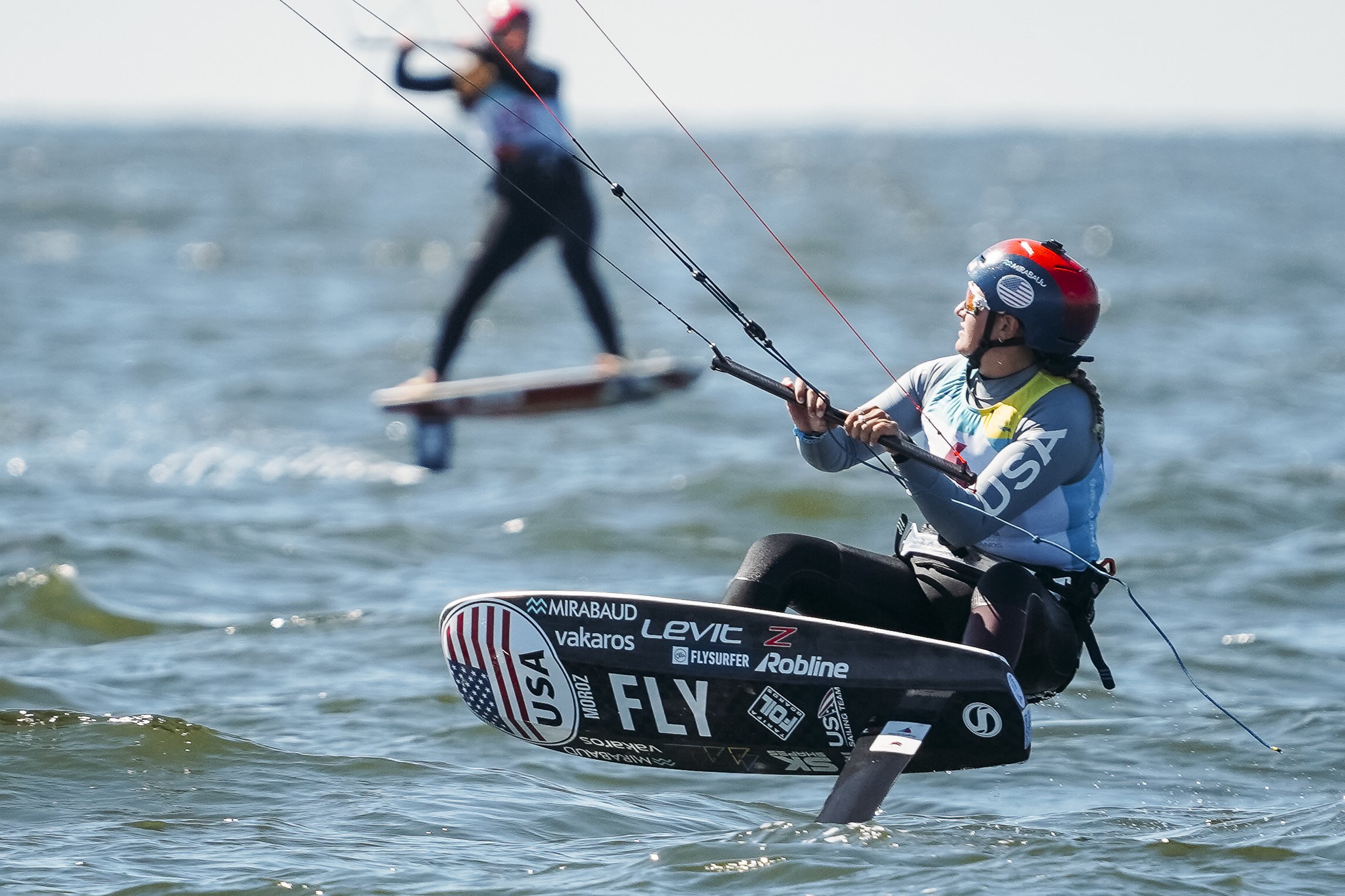
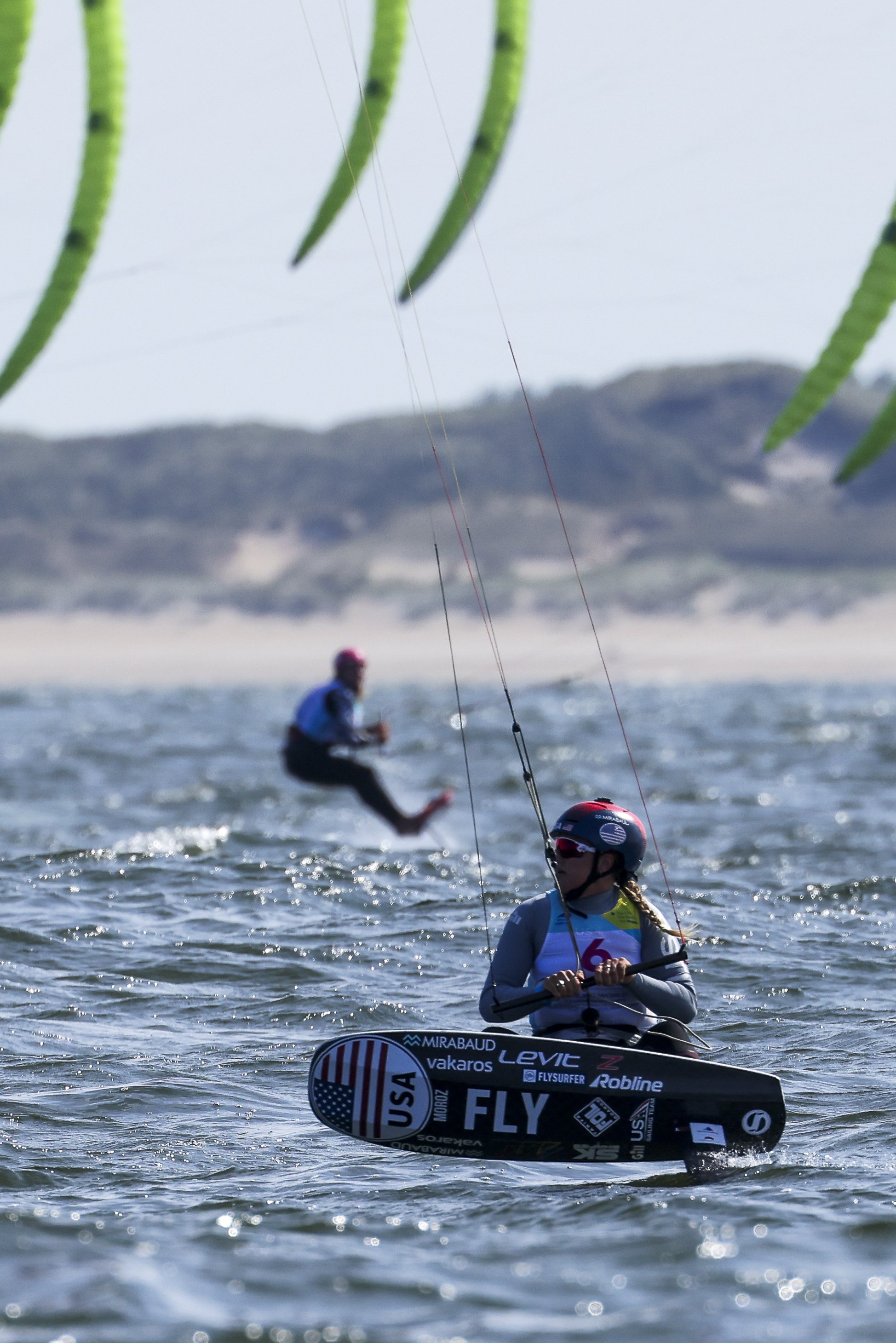
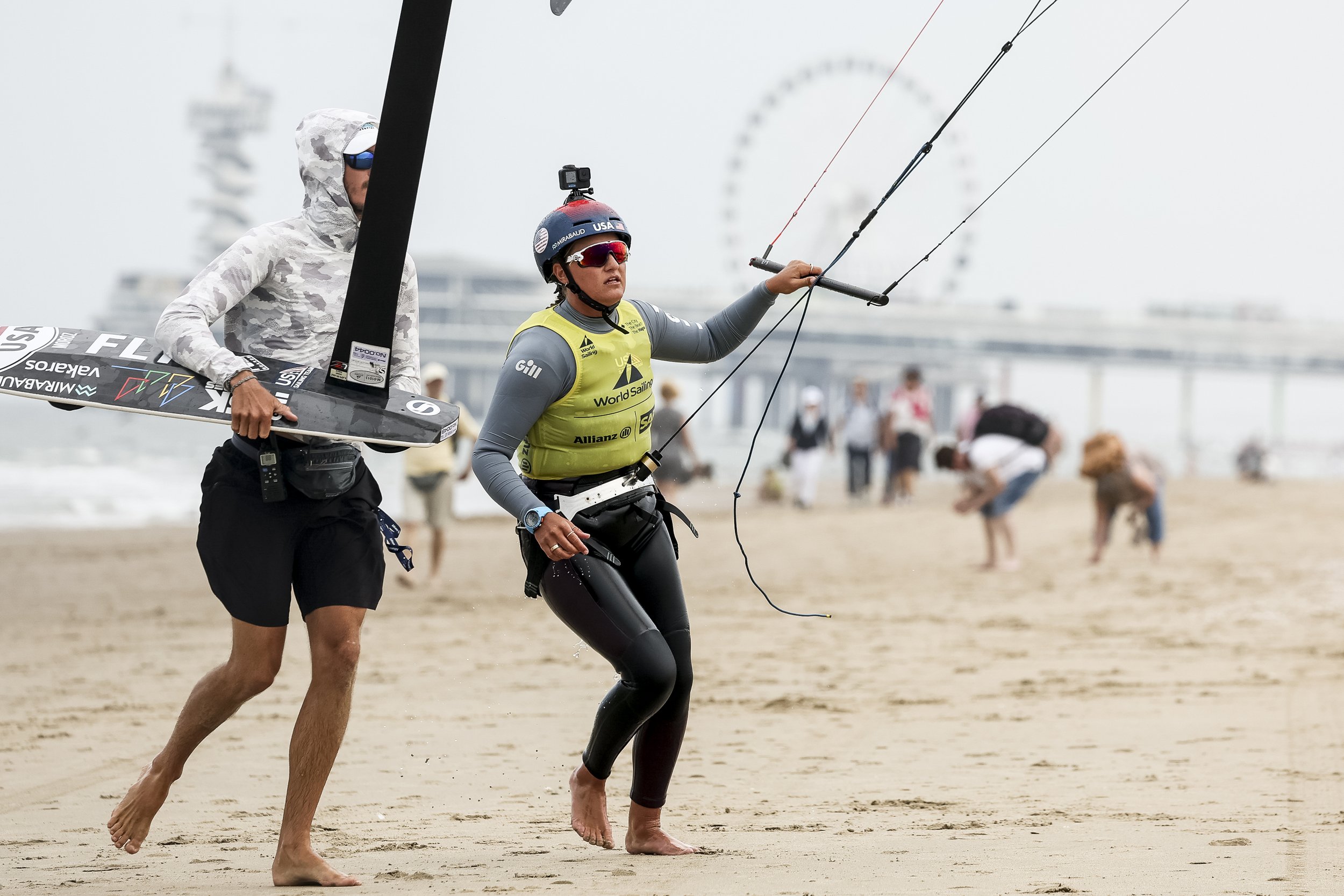
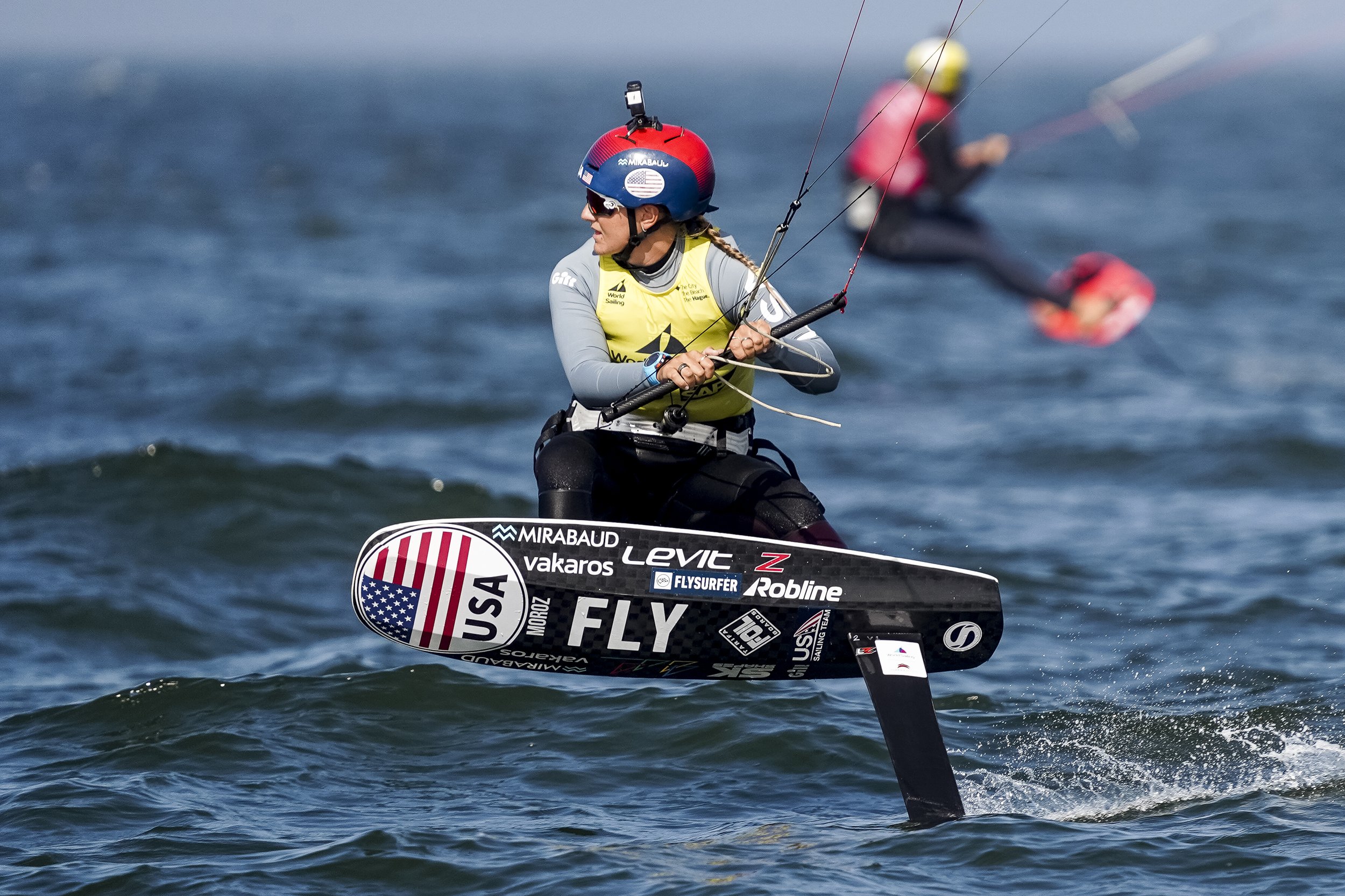
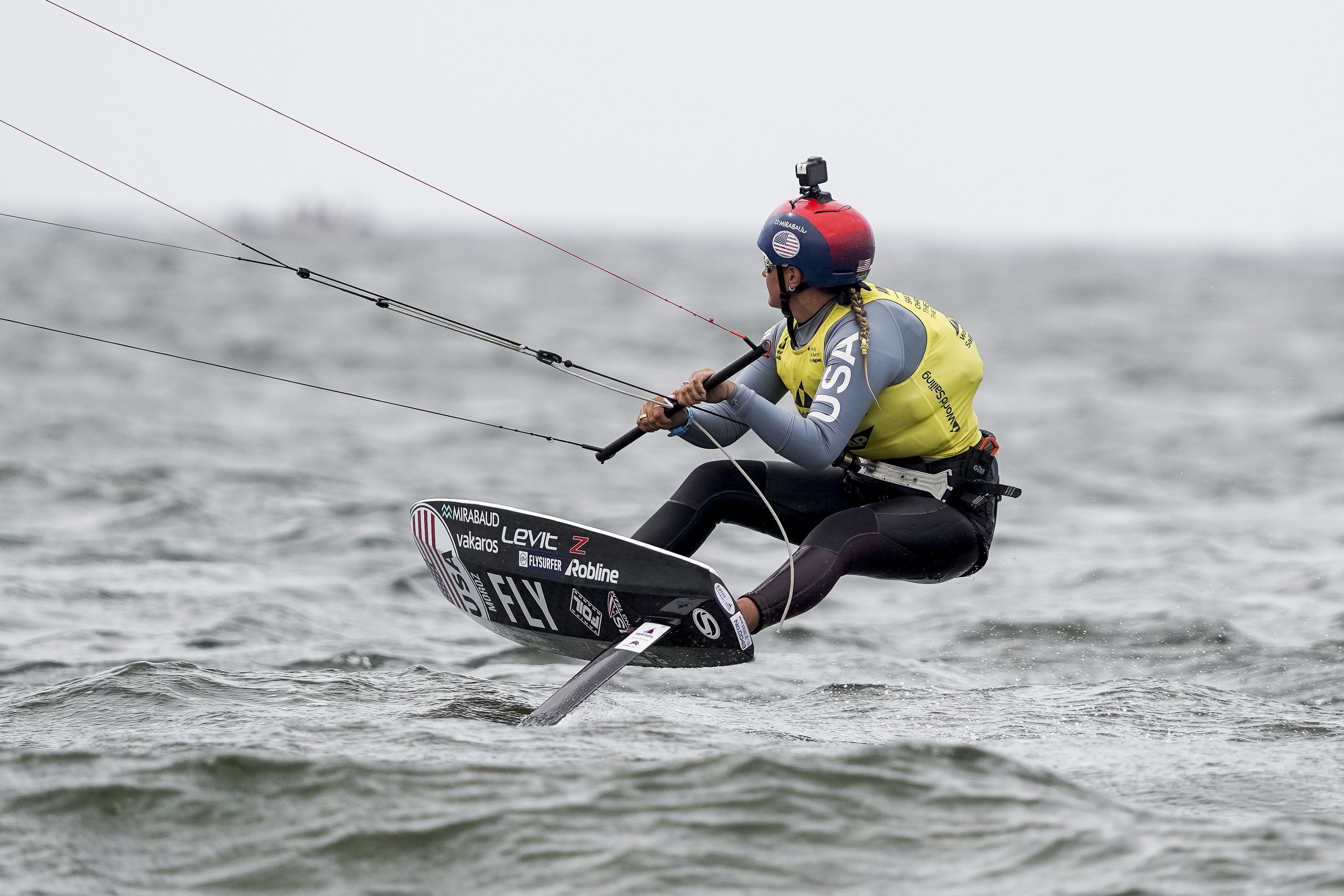
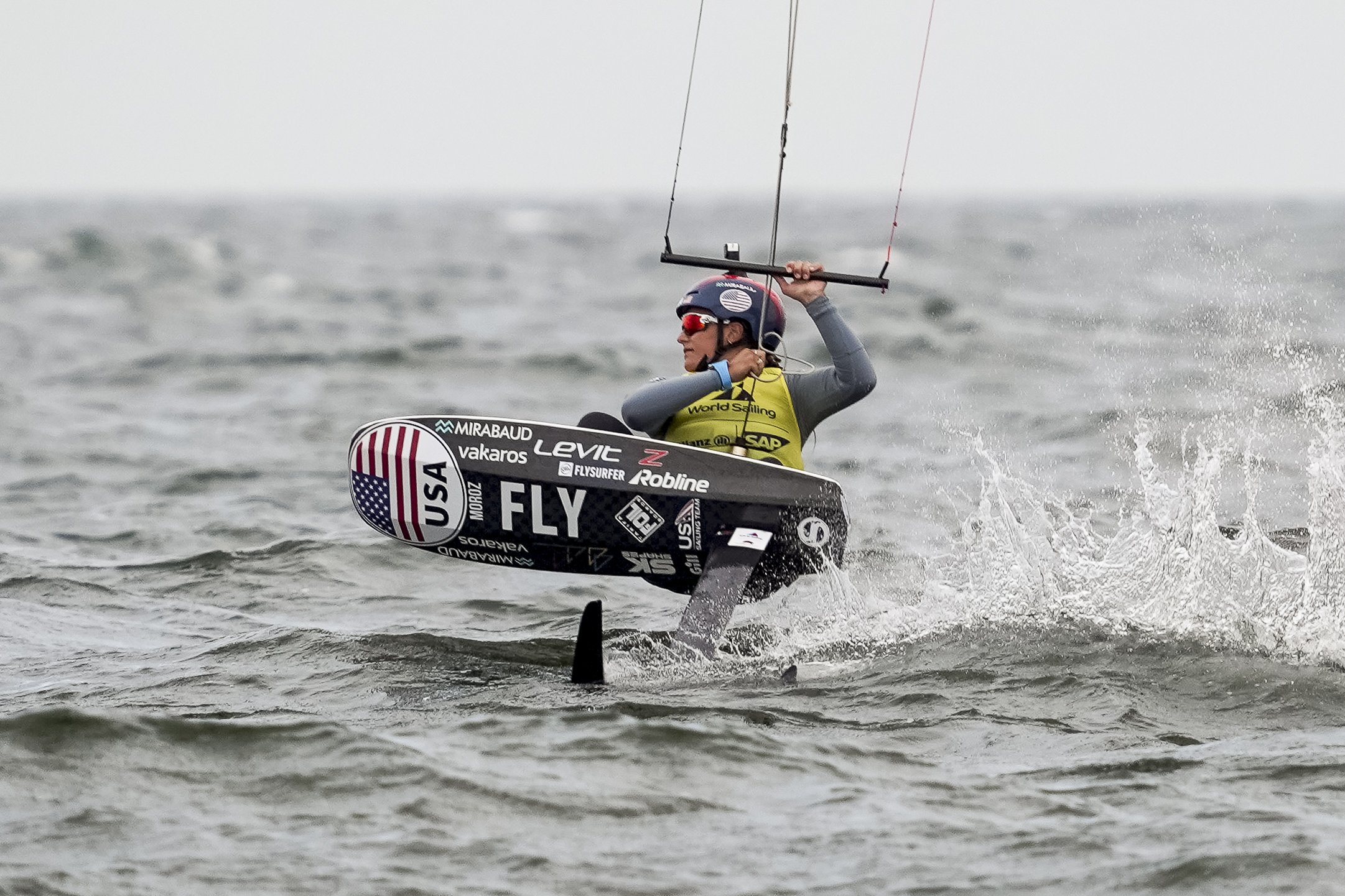
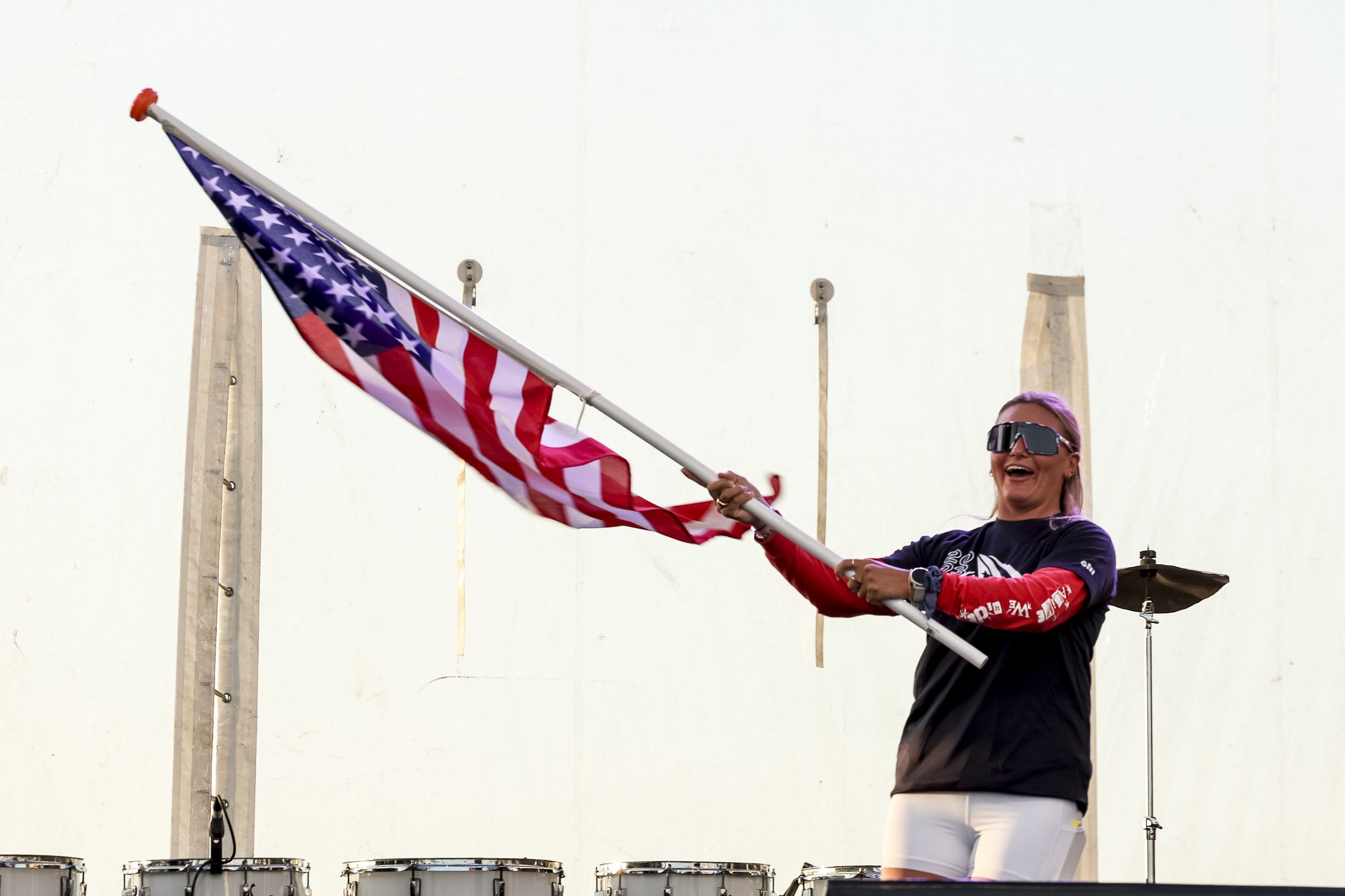
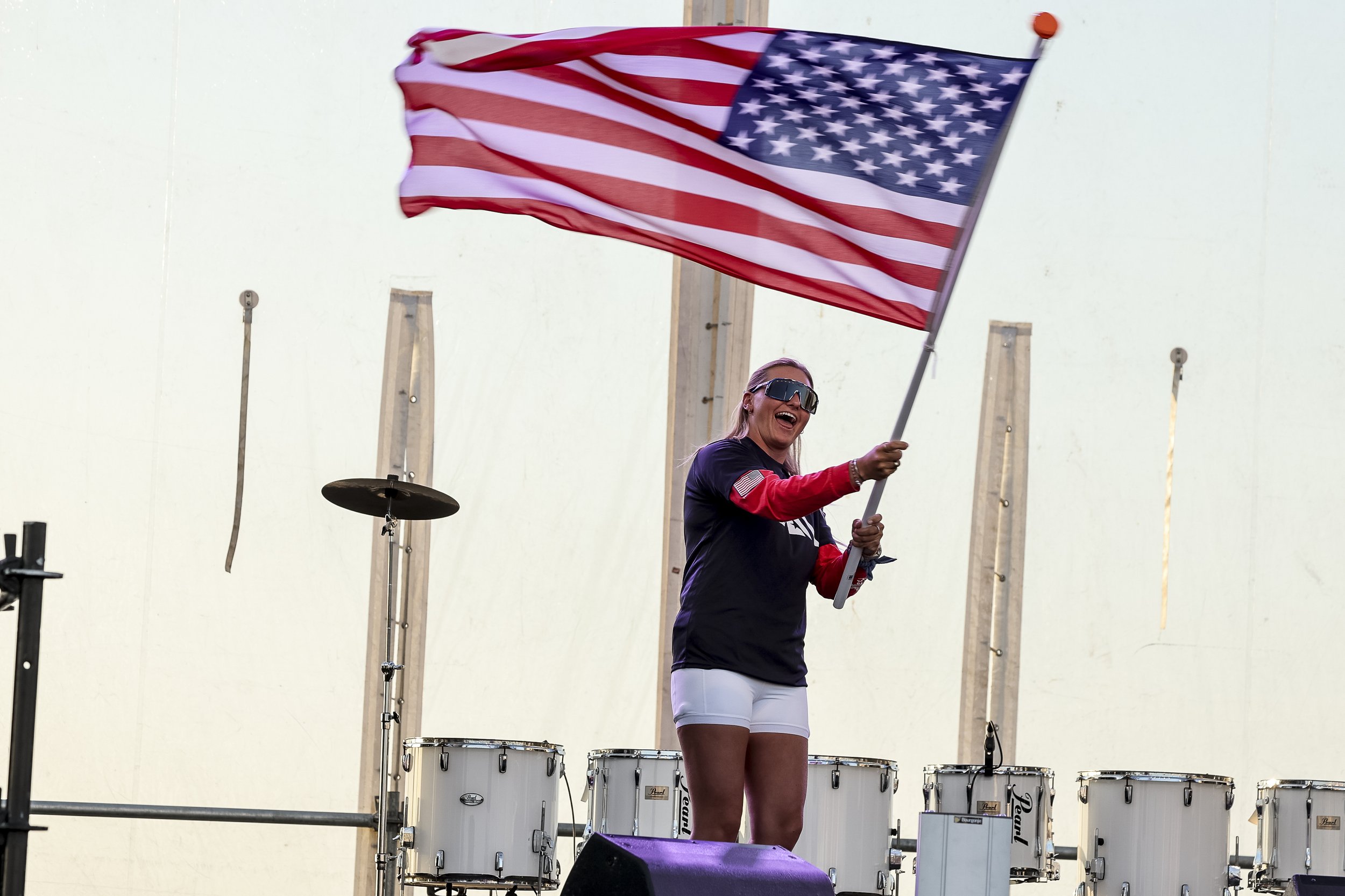
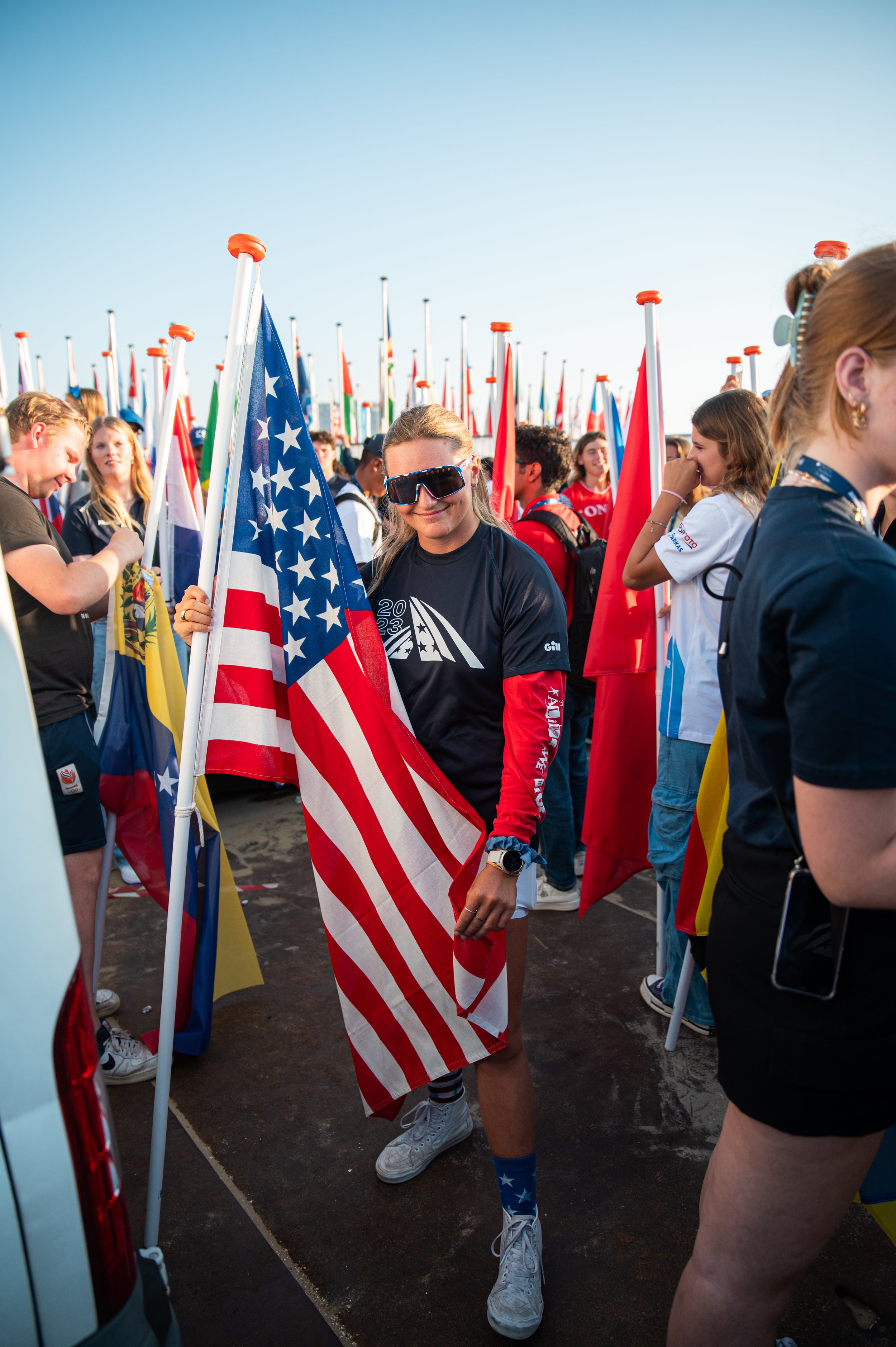
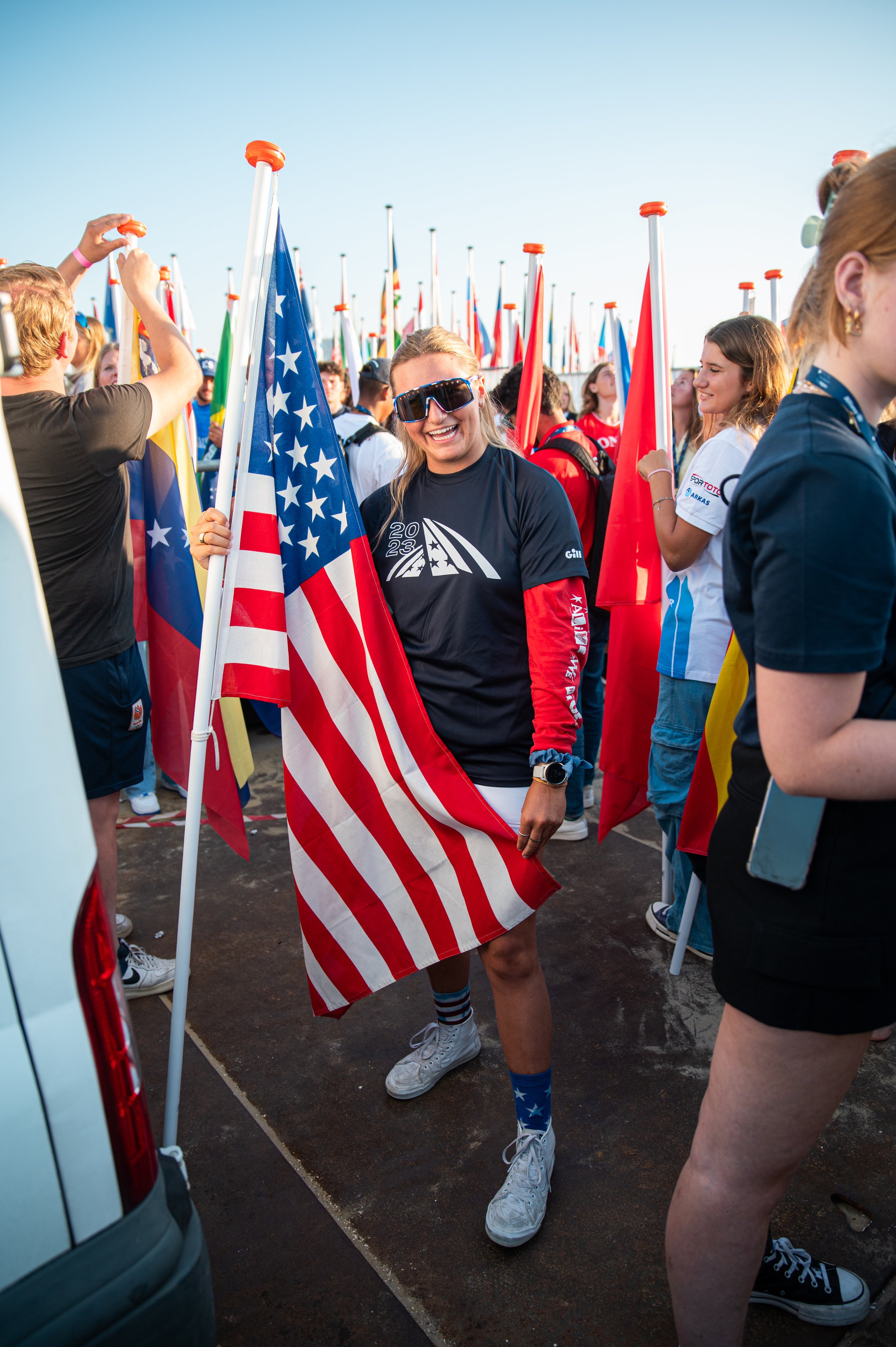
At the end of the day, I was relieved to have officially qualified for the Olympics. It’s something I’ve dreamed of my whole life, and it’s crazy to think it’s officially happening - I’m going to be an Olympian. Insane.
There is a lot of work to be done in the next year leading up to the Games. For me, the most important thing will be to keep my head in the right place. I think a big problem in our sport is that there is no off season - no official time where you can recover and disconnect from the job. We think we have to keep training all year, which is completely unsustainable and leads to burnout. I’ve decided that I will be taking some time off from formal on-water training. I will still attend and compete in the PanAm Games, which I think will be an incredible experience and great preparation for the Olympic atmosphere. However, outside of this event, I will focus on doing other activities and hobbies that will make me happy and improve my mental health. I will do some moth sailing and focus on maintaining a consistent gym routine to keep gaining muscle mass. One of my biggest areas of improvement is gaining weight, so I will be working closely with our awesome team of US Sailing Team trainers based just outside of Miami. I truly believe that following this path will still put out net gains for my Olympic sailing because it will re-spark my fire for the sport. My mission is still clear: the goal is gold, and I’m ready to do everything I can to deliver a winning performance at the 2024 Olympic Games.
From January to March 2024, I will focus on testing and selecting my Olympic equipment with training partners. We will also do some practice regattas to keep racing skills sharp. In April and May, I will return to racing at the Trofeo Sofia regatta and the World Championships to check in with the rest of the fleet and compare with my competitors. After this, I will make any final changes and developments during a training block in Marseille in June. After this, it’s time to build up for the Games in July.
It is an extremely exciting time on this journey. If you would like to hear more about what life is like on the road to Paris, please subscribe to the blog by entering your email below. Thank you for your support.

